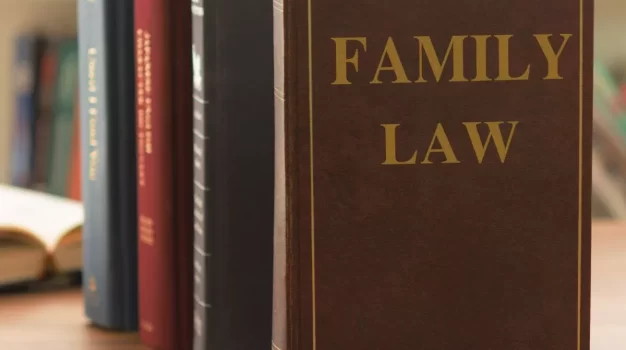Unique Features of California Spousal Support
Every State in the US has its quirks about Spousal Support. Here is what is unique about California spousal support.
It’s a well-known fact that California is a no-fault divorce state. This means you don’t have to prove that your spouse or partner did anything wrong to get a divorce. You are free to file for divorce at any time. And even if the other person disagrees, a divorce can occur. But are you aware of these unique features of California spousal support?
Education or Career Advancement
It’s common for married partners to take turns in the workforce. Sometimes one person will be the “breadwinner” while the other is going to school or doing some sort of unpaid internship. The arrangement works for many couples because the degree or career advancement benefits them both down the road. A lot of partners will then trade-off, and the roles will be reversed eventually.
But what’s unique about California spousal support is that in the event of a divorce, the person who did the “breadwinning” in this period can be reimbursed for their efforts through spousal support. So if you put off your education to work double shifts at Target so that your husband could finish his Ph.D., you could be compensated for that during your divorce proceeding.
Domestic Violence and Spousal Support
The State of California does not look kindly on domestic abusers. So much so that it is improbable that an abuser will be awarded spousal support from their victim. So if you are labeled a domestic abuser, know that CA is unlikely to award you spousal support. This isn’t a cut and dry issue, you can still make your claim, but it will be an uphill battle. And that’s unique to California because they don’t want to put a victim in a position of supporting their abuser.
Your Attorney Fees Up Front
California has both temporary and permanent spousal support. And what’s unique is that at the start of a trial, a spouse can petition the Judge to request attorney’s fees upfront. This means if you are not in a financial position to defend your case adequately, it’s relatively common to be awarded a spousal support judgment upfront to pay your divorce attorney. There’s no guarantee, of course, but many attorneys will waive or modify their initial retainer agreement once they understand the dynamics of the case because of this likelihood.
Length of Marriage
This isn’t unique to California, but marriages over ten years that award spousal support, typically are permanent or set as forever. You can always petition the court when your spouse remarries or a significant financial shift occurs. Marriages that are under ten years typically award spousal support for half the length of the marriage. So if you are married for four years, your typical spousal support order will be in effect for two years.
Taxes on Spousal Support
At one time, spousal support was treated like child support and was not taxed at the federal level. That has changed. Now any spousal support is treated as regular income.
There is a Software to Calculate Spousal Support
The software is called Dissomaster, and it calculates both spousal and child support payments. However, in 1993 a spousal support ruling within Marriage of Olson (1993) 14 Cal.App.4th 1, card ß{SpSu 624.02}, was overturned because the Dissomaster didn’t consider all 4000+ factors. So yes and no. There is software, but it will not be the sole decider for your spousal support.
So there you have it. Unfortunately, spousal support in California is not cut and dry and isn’t all that common. Less than 20% of divorce cases award spousal support, but the cases everyone hears about tend to include it, which is why it seems more prevalent.





